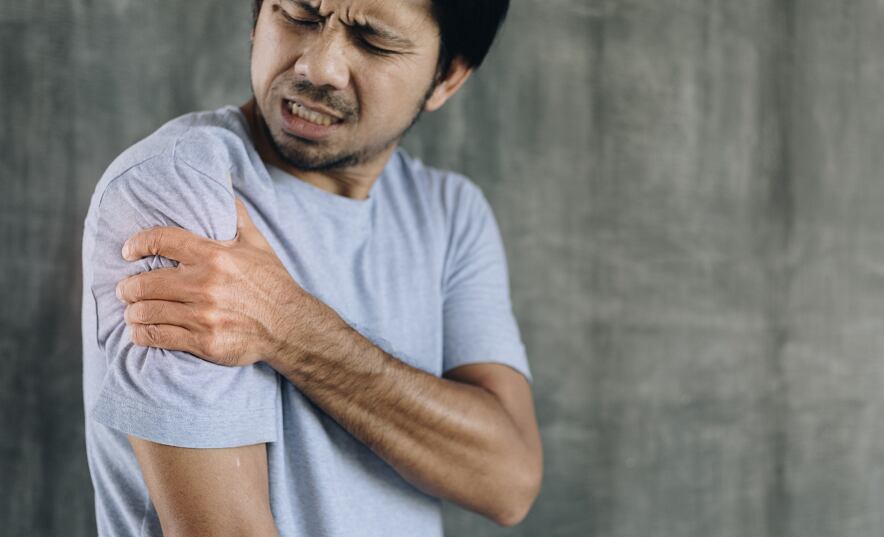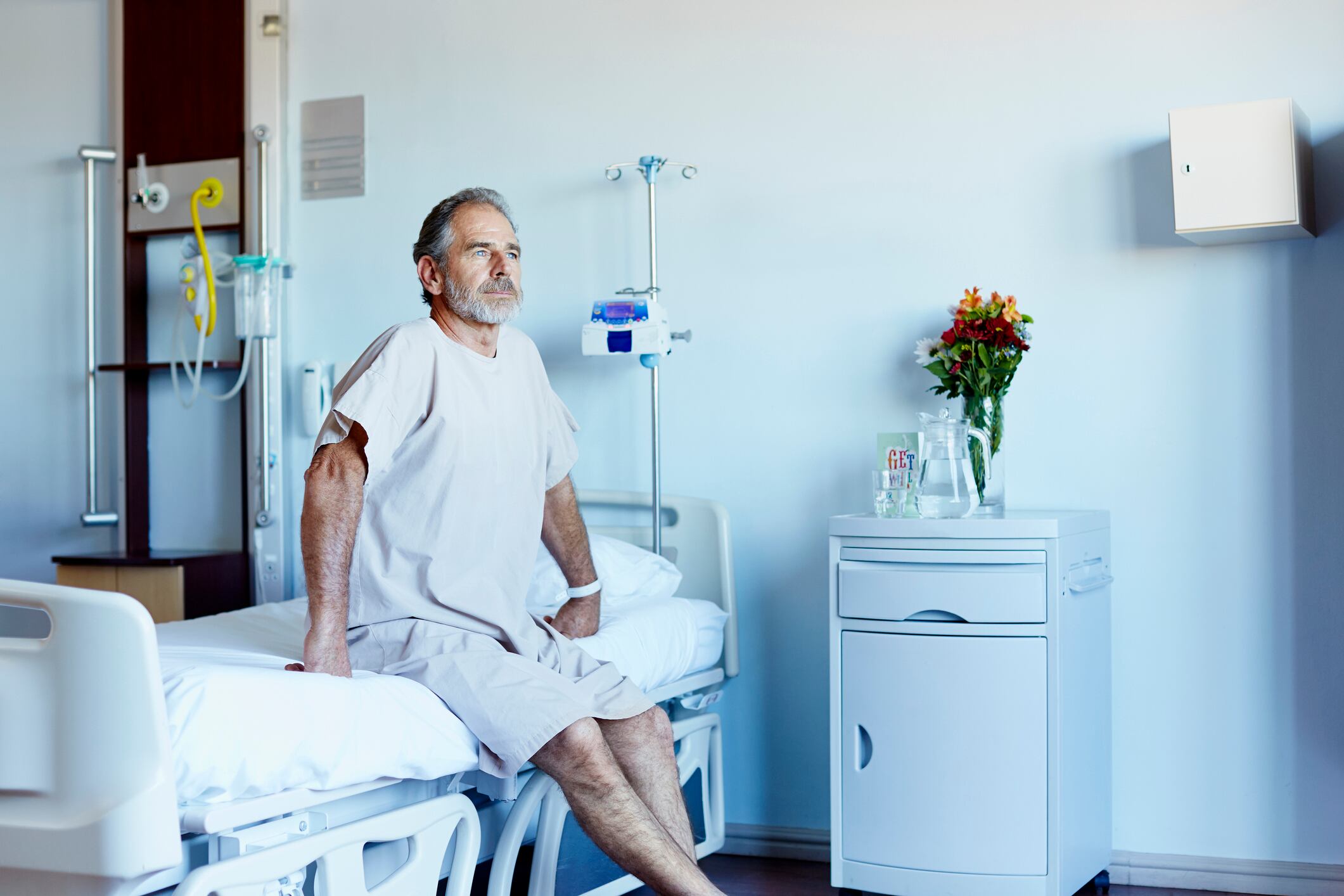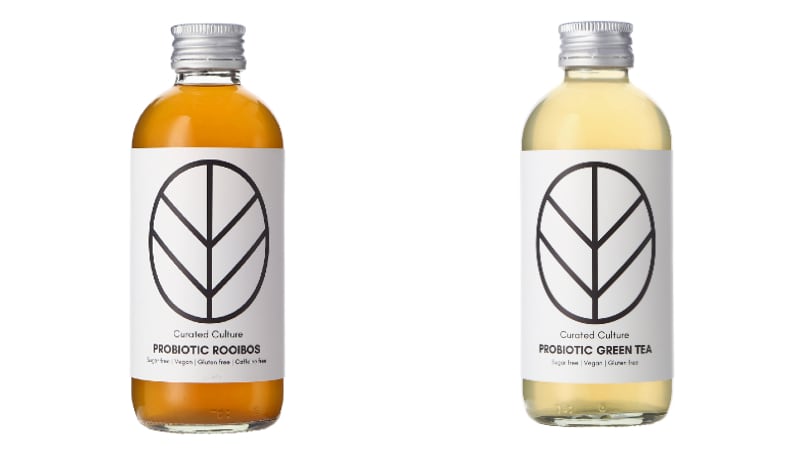Writing in the Journal of the International Society of Sports Nutrition, researchers from Nippon Sport Science University and Tokyo-based Nippi Inc which specialises in collagen research, said that based on the findings, collagen peptide intake could ease and improve exercise performance.
Twenty middle-aged men with an average age of 52.6 years old were randomised into the placebo and intervention group which took either five grams of dextrin or fish-derived collagen peptides respectively twice daily for 33 days.
The collagen peptides were supplied by Nippi Inc.
On the 29th day of the trial, all participants performed a maximum of five sets of 40 bodyweight squats. On this day, the study participants took the collagen peptide one hour before the exercise.
Muscle soreness and perceived fatigue were evaluated using the visual analog scale (VAS).
Other parameters measured included the maximum knee extension force during isometric muscle contraction of both legs, the range of motion (ROM), the blood level of creatine phosphokinase (CPK) and lactate dehydrogenase (LDH).
Muscle soreness peaked immediately after the exercise load and was significantly higher than pre-exercise, according to the VAS.
However, the level of muscle soreness immediately after the exercise was significantly lower in the intervention group with a VAS of 32.0 ± 25.0 mm, while that of the placebo group was 45.8 ± 27.6 mm.
Similarly, the intervention group also recorded a lower level of fatigue with a VAS of 47.3 ± 25.0 mm, while the placebo group was higher at 59.0 ± 22.3 mm.
In addition, 48 hours after the exercise, muscle strength in the intervention group was significantly higher than the placebo group at 85.2 ± 27.8 kg versus 80.5 ± 25.3 kg.
On the other hand, no significant changes were seen in the level of CPK overtime.
Nonetheless, the CPK levels in this study were much lower than those reported in other studies, which the researchers said could be due to the continuous intake of collagen peptide pre-exercise.
“Therefore, direct damage and subsequent muscle soreness were slight in this trial. Rather, the bodyweight squats of one set of 40 repetitions of 4-second bodyweight squats for a maximum of 5 sets with an interval of 20 seconds caused muscle soreness and fatigue immediately, and continuous pre-exercise CPs intake relieved them.
“In general, exercise performance depends on several factors, but it is ultimately limited by fatigue and subsequent muscle soreness.
“The present data suggested that dietary CPs intake might enable individuals to perform the prescribed exercise with ease and improve exercise performance. In addition to muscle soreness and fatigue, dietary CPs intake positively affected the lower limb muscle strength 48 hours post-exercise (on day 3),” the researchers said.
Potential mechanisms
The researchers hypothesised that proline (Pro) and hydroxyproline (Hyp) found in collagen peptides could be responsible for the improvements seen in the intervention group.
This is because free Hyp and peptidic Hyp, including Pro-Hyp, were detected in blood samples in the intervention group, the researchers said.
“CPs (Collagen peptides) are hydrolyzates of gelatin, which is heat-extracted animal collagen. CPs consist of a repeating (glycine (Gly)-X-Y) n amino acid sequence, where X and Y are frequently proline (Pro) and hydroxyproline (Hyp), respectively. Gly accounts for one-third of the composition, and the imino acids, Pro and Hyp, account for one-fifth…
“In the present study, free Hyp and peptidic Hyp including Pro-Hyp were detected in blood samples after CPs intake (data not shown).
“In conjunction with the previous discussion, we would hypothesise that Pro-Hyp is at least one of the components responsible for the beneficial effects of CPs intake on post-exercise physical condition and fitness, although this hypothesis is speculative and requires further research to substantiate.”
Source: Journal of the International Society of Sports Nutrition
Dietary collagen peptides alleviate exercise-induced muscle soreness in healthy middle-aged males: a randomized double-blinded crossover clinical trial
https://doi.org/10.1080/15502783.2023.2206392
Authors: Kumiko Kuwaba et al





